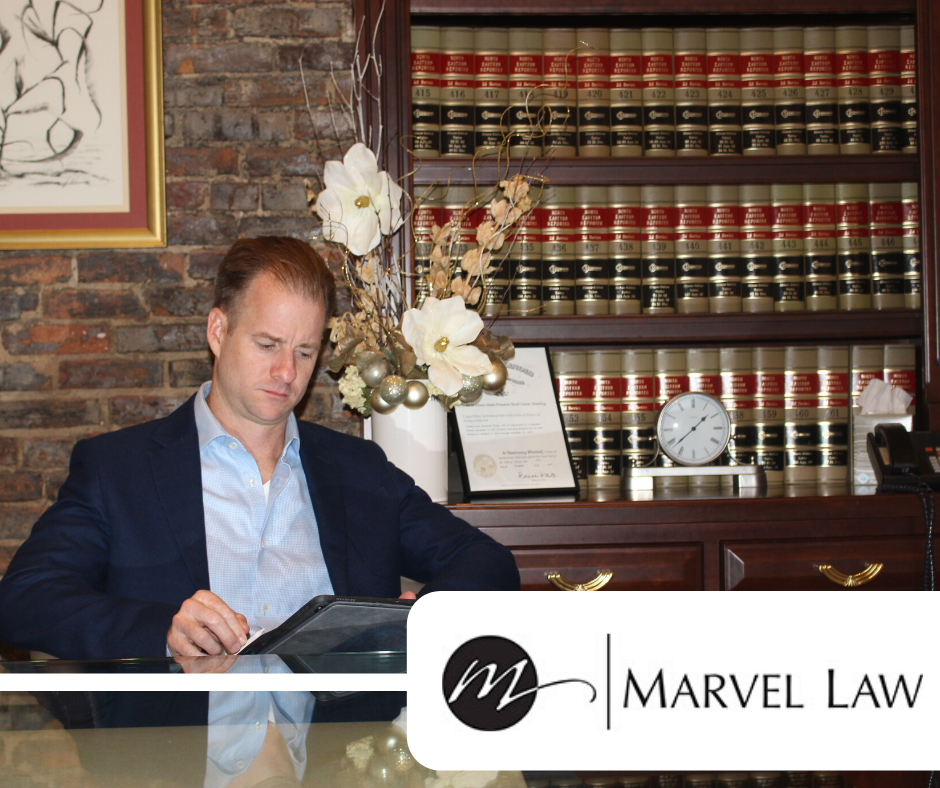
We finish our five-part series where we answer your top questions regarding how Covid-19 affects your business.* With many states reporting an increase in cases, it's important to know how this could affect your business. We have the next three questions and answers below.
Under the CARES Act, are the Employee Retention Credit and the Paycheck Protection Program an “either/or”?
Yes. A company may not receive both an Employee Retention Payroll Tax Credit and a Paycheck Protection Loan from the SBA.
Do small businesses have to prove that 1st Q 2020 gross income is less than 50% of 1st Q 2019 gross income to obtain any benefit for fully paying our employee salaries and benefits?
Yes. To receive Tax Credits for Qualified Payroll Costs under the CARES Act, a small business must show that it (i) fully or partially closed due to an order from a governmental authority related to COVID-19; or (ii) experienced a significant decline in gross receipts. The period of significant decline begins with the first quarter in 2020 in which gross receipts are less than 50% of the gross receipts from the corresponding quarter in 2019, and ends with the first quarter in which the employer’s gross receipts are more than 80% of the corresponding quarter in 2019. Eligible employers may receive a tax credit for 50% of the qualified wages paid to employees from March 13, 2020 – December 31, 2020 (qualified wages for an individual employee may not exceed $10,000). Qualified health plan expenses are included in qualified wages.
Is it known whether employees can be put on a part-time work schedule and collect unemployment benefits for the lost hours or do they have to be completely unemployed?
It depends upon the state. Under Sections 2108 and 2109 of the CARES Act, funding is provided to states that currently have or choose to implement a Short-Time Compensation (STC) program for employers that reduce their employees’ hours in lieu of a lay-off and whereby the employees thus receive a pro-rated unemployment benefit. The federal government will fund 100% of the costs for states that currently have a STC program and 50% for those states that choose to implement one, in each case through Dec. 31, 2020.
Can a small business continue to pay health insurance benefits for the employee even if they are unemployed? Are there any details about how this payment should be handled that matter?
Under the CARES Act, eligible businesses that have continued to pay employees during the crisis may receive a tax credit for 50% of the qualified wages paid to employees from March 13, 2020 – December 31, 2020 (qualified wages for an individual employee may not exceed $10,000). For employers with more than 100 employees, the “qualified wages” are the wages paid to employees who were furloughed or had their hours reduced because of COVID-19. For employers with 100 or fewer employees, all wages paid during the government-mandated closure or the period of significant decline qualify for the credit, regardless of whether the employees were furloughed. Qualified health plan expenses are included in qualified wages.
Under the CARES Act, borrowers under the SBA Paycheck Protection Program are eligible for loan forgiveness equal to the amount that they spent on payroll costs and specified expenses during the 8-week period prior to the origination of the covered loan. Payroll costs include payment for the provision of group health care benefits, including insurance premiums.
If you have a pooled area, would constructing separate offices (closed offices) be covered?
Businesses may only use loan money under the SBA’s Paycheck Protection Program for items designated in the CARES Act, such as “payroll costs” and other qualified business expenses such as interest on mortgage obligations (not including prepayments or payments on the principal), rent, utilities, and interest on other debts incurred during the covered period. The construction of partitions would not be an allowable use.
In general, businesses are eligible for SBA Section 7(b) Economic Injury Disaster Loans (EIDLs) if they have suffered an economic injury as a result of COVID-19, provided they were able to meet their financial obligations prior to COVID-19. These loans may be used to pay fixed debts, payroll, accounts payable and other bills a business is unable to pay because of the impact of COVID-19. It is unlikely that the construction of partitions would be an allowable use.
We are here to help
At Marvel Law, we are here to help serve you with purpose. Click here to email us or call us at 309-807-2885 for your FREE 15-minute consultation. Due to CDC guidelines, we are offering FREE 15-minute video conference consultations. To take advantage of the video conferencing ability, please email us to set up a time.
*This information is provided for information purposes only, and should not be construed as legal advice on any subject matter. You should not act or refrain from acting on the basis of any content included herein without seeking legal or other professional advice from Marvel Law.